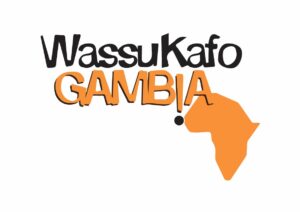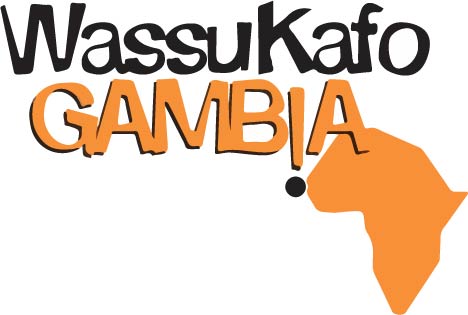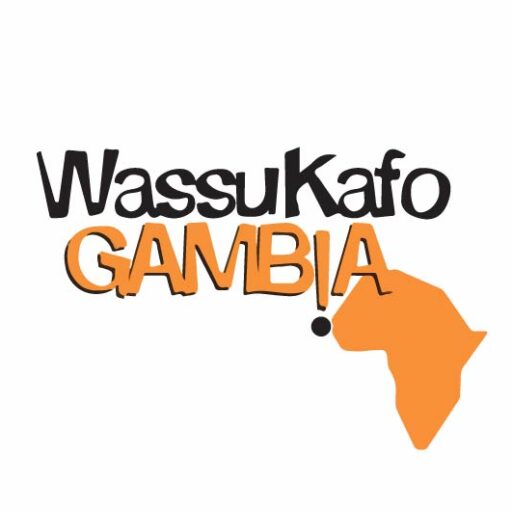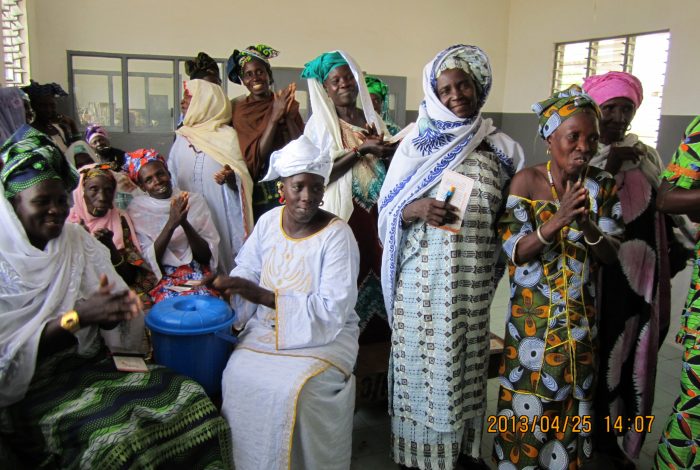We are

WASSU GAMBIA KAFO (WGK) is a Non-Governmental Organization based in The Gambia that aims to promote development and cooperation in sexual and reproductive health and rights, through research and knowledge transfer, especially to promote gender equality and prevention of harmful traditional practices.
Support us
Our history is made of the stories of many women and girls. We promote the right to participate in decisions that affect the lives of women



